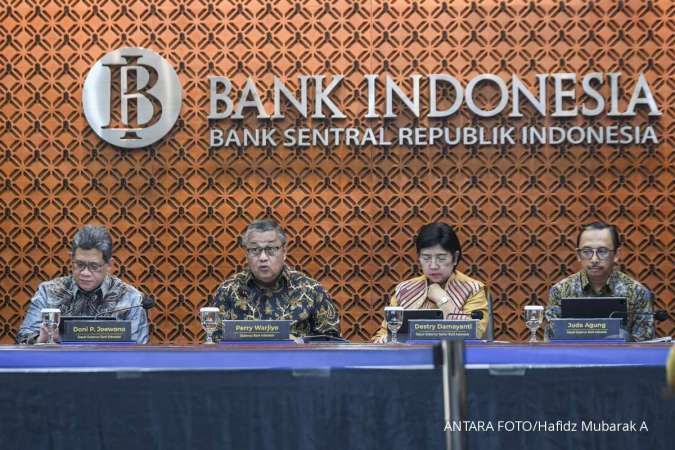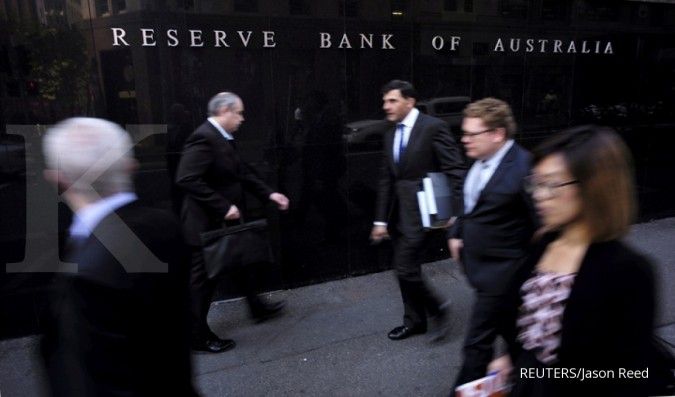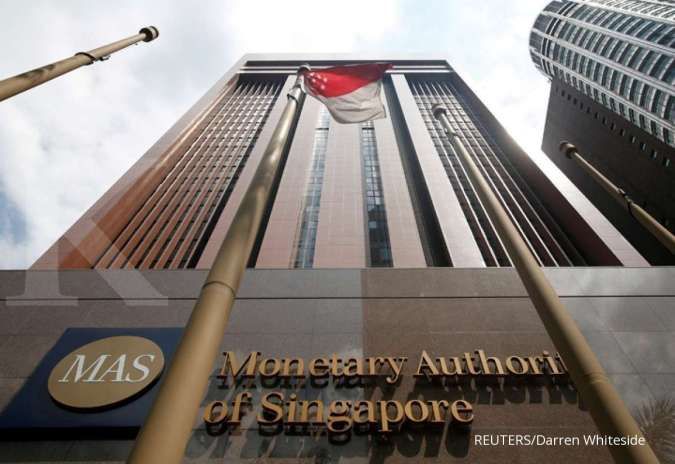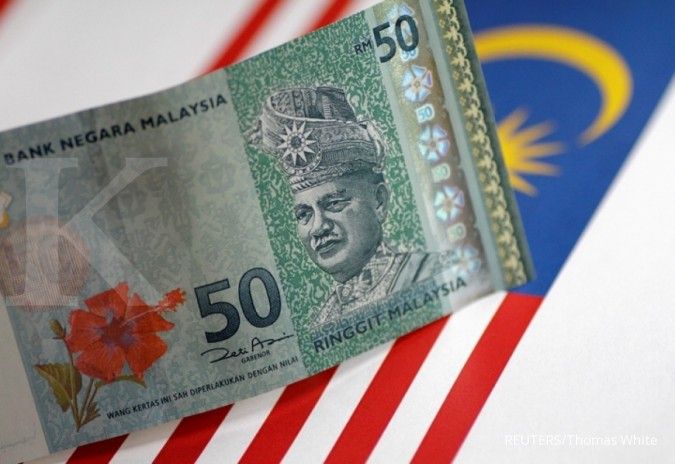MACROECONOMICS - KUALA LUMPUR. Malaysia's central bank on Wednesday called for an acceleration of structural reforms to ensure long-term strength, with economic growth set to benefit from a recovery in exports and robust domestic spending this year.
Favourable economic conditions expected in 2024, including moderate inflation and a projected pick-up in trade activity, provided a window for the government to carry out much-needed changes such as subsidy rationalisation, Bank Negara Malaysia said in documents released along with its annual report.
Malaysia's government plans to shift away from blanket subsidies to a targeted system that mainly aids low-income groups but has not finalised when it will introduce the measures, which could see a spike in fuel costs.
"We can be cautiously confident that a good year is ahead of us," BNM Governor Abdul Rasheed Ghaffour said in the foreword to the central bank's 2023 economic and monetary review.
Read Also: Bank Sentral Malaysia Berang, Google Salah Kutip Kurs Ringgit
"But for us to secure our future in the years to come, the time is now for Malaysia to implement vital structural reforms."
BNM maintained its 2024 growth forecast at between 4% and 5%, the report showed. Exports were projected to rise 5%, rebounding after an 8% contraction last year.
New taxes and changes to utility tariffs aimed at boosting government revenue were expected to have a marginal impact on inflation, BNM said.
Headline inflation was forecast to remain stable at between 2% to 3.5% this year, compared to 2.5% in 2023, though upside risks remained due to increased prices from subsidy and price control adjustments, and higher input costs stemming from Malaysia's weakened currency.
The ringgit has gained since falling to a 26-year low last month, but is still down about 3.2% to the U.S. dollar so far this year.
Read Also: Bank Sentral Malaysia Diproyeksi Tahan Suku Bunga, Ini Penyebabnya
Abdul Rasheed, who has said the currency is undervalued, stressed that reforms which tackled longstanding structural issues, as well as investments in decarbonisation and high-value industries, would help support the ringgit and better reflect Malaysia's strong economic fundamentals.
"We are mindful that persistent and material undervaluation of the ringgit, if not addressed, could have permanent implications on the economy," he said.
/2018/05/17/409366367p.jpg)















